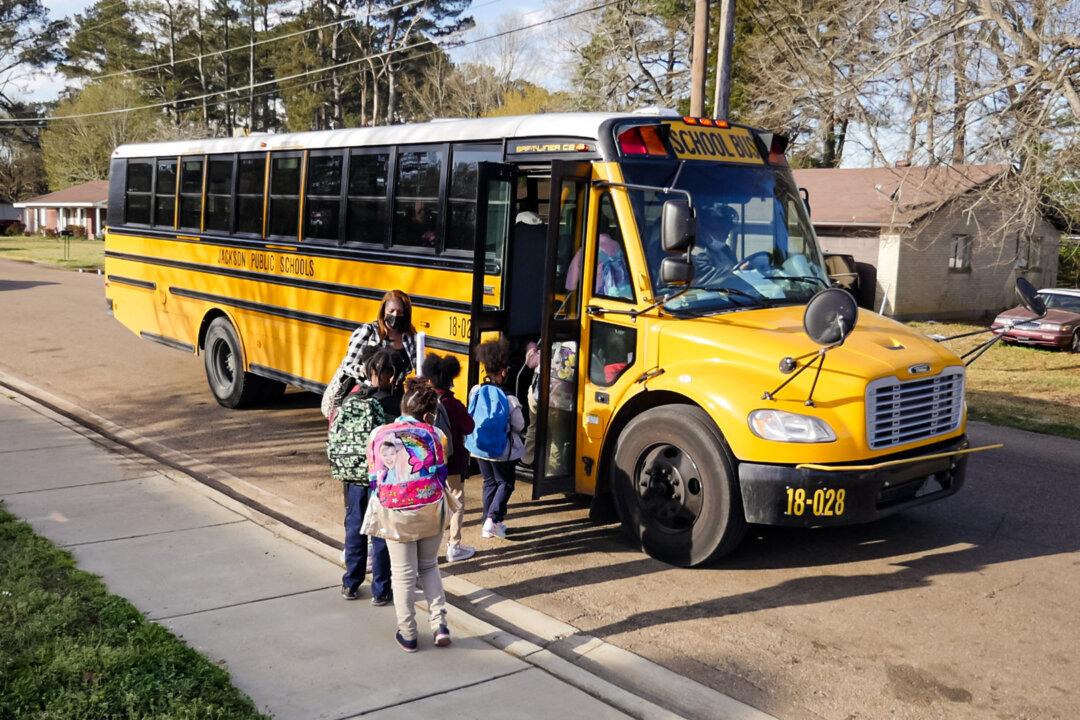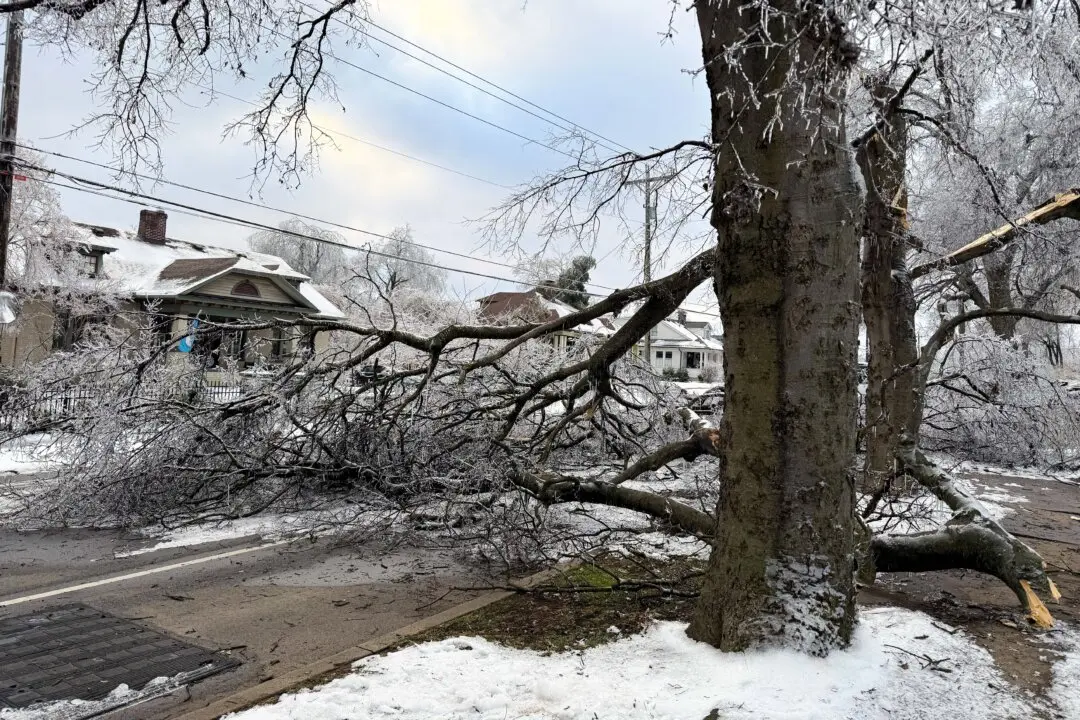The practice of mindfulness could have a positive impact on the mental health of children and, potentially, their academic performance, a recent study found.
The new study, published on Aug. 27, reviewed 41 previous studies published between 2008 and 2022 that examined mindfulness interventions implemented in schools, including several types of meditation. Tina Marshall of the Substance Abuse and Mental Health Services Administration led the review.





